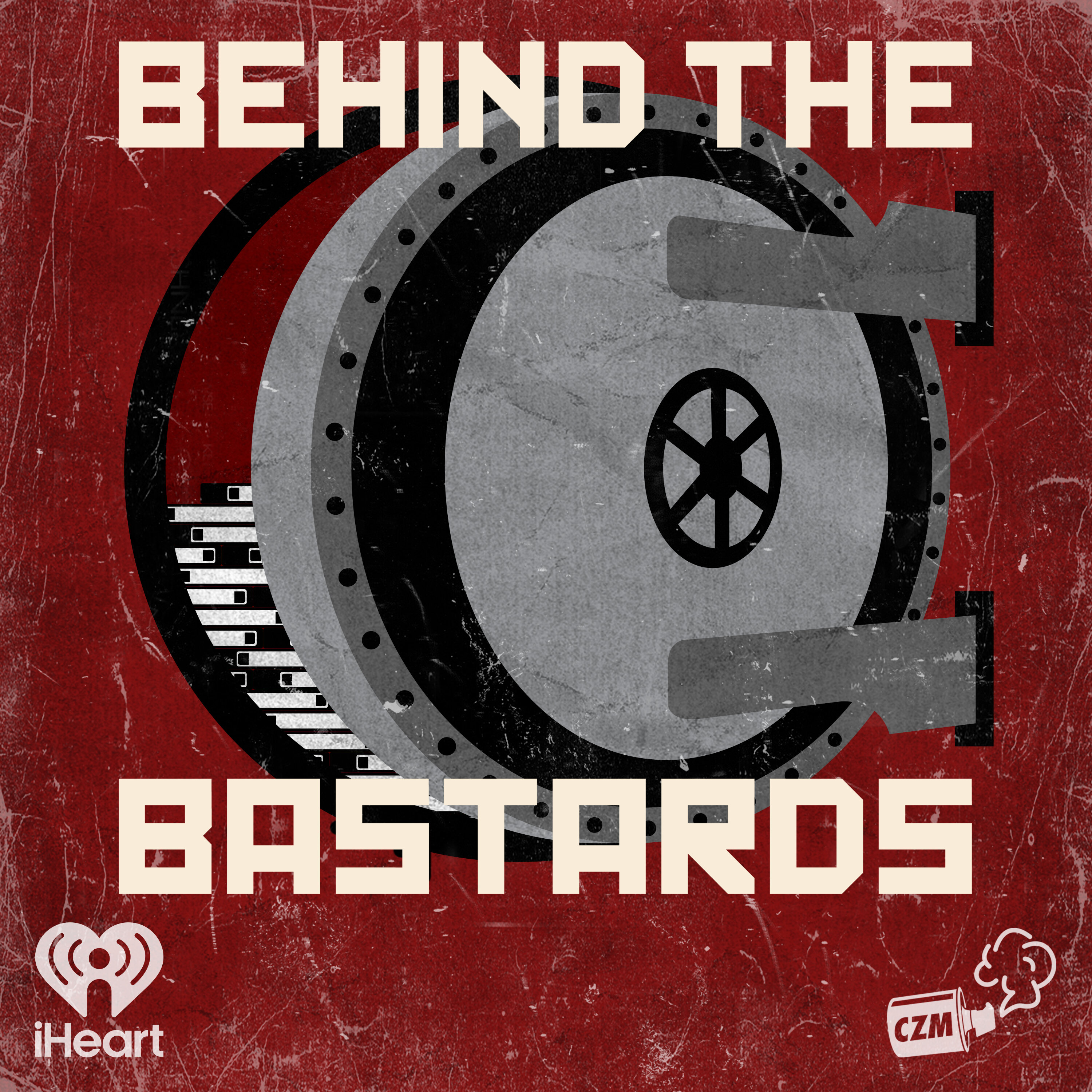Chapter

The Professionalization of Law Enforcement in America
This podcast talks about the start of law enforcement professionalization and how it began on the West Coast. It discusses the establishment of bureaucracies within police departments and the need to be less isolated from the public.
Clips
This podcast episode discusses the origins of police reform on the West Coast, where luminaries began advocating for professional training and better conduct among police officers.
16:53 - 18:28 (01:35)
Summary
This podcast episode discusses the origins of police reform on the West Coast, where luminaries began advocating for professional training and better conduct among police officers.
ChapterThe Professionalization of Law Enforcement in America
EpisodeBehind the Police: How Police Unions Made Cops Even Deadlier
PodcastBehind the Bastards
August Vollmer was the first police chief to hire female officers, employ black cops, use forensic analysis in investigations, and ban the use of third degree among police officers in the US.
18:28 - 19:54 (01:25)
Summary
August Vollmer was the first police chief to hire female officers, employ black cops, use forensic analysis in investigations, and ban the use of third degree among police officers in the US.
ChapterThe Professionalization of Law Enforcement in America
EpisodeBehind the Police: How Police Unions Made Cops Even Deadlier
PodcastBehind the Bastards
Samuel Walker, a professor of criminal justice in Nebraska notes that a half century of professionalization had created police departments that were vast bureaucracies inward looking and isolated from the public and defensive in the face of any criticism, which does not sound familiar at all.
19:54 - 22:20 (02:26)
Summary
Samuel Walker, a professor of criminal justice in Nebraska notes that a half century of professionalization had created police departments that were vast bureaucracies inward looking and isolated from the public and defensive in the face of any criticism, which does not sound familiar at all.